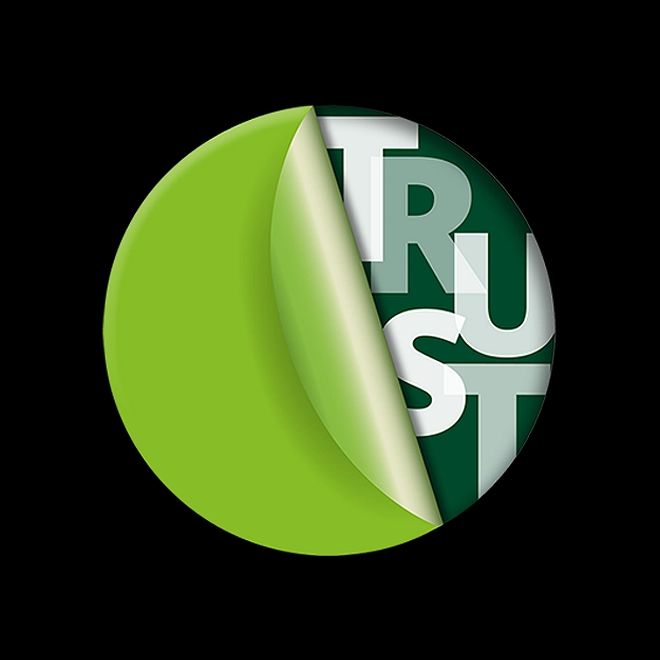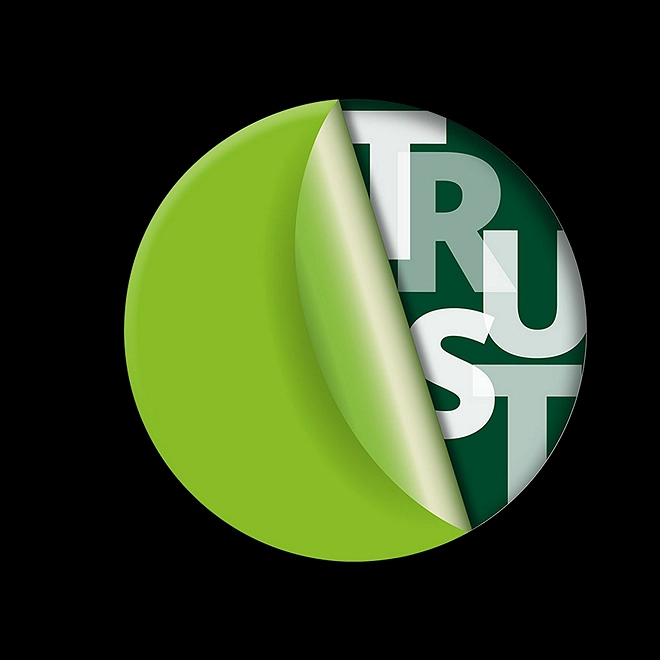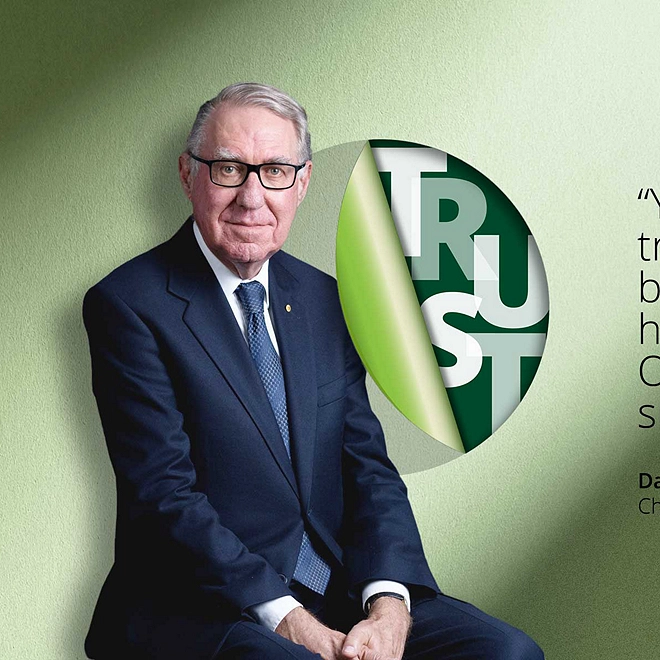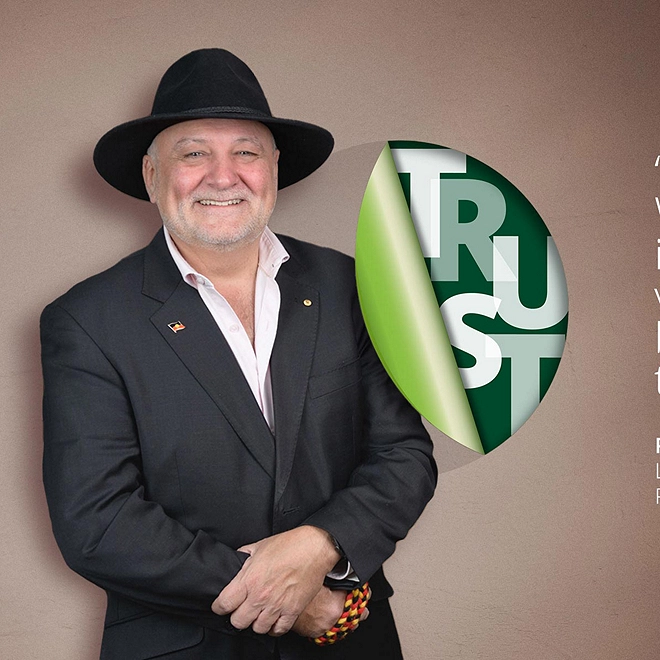Jesse Sherwood
National Lead, Industrial Redesign & Innovation and Consulting Partner, Deloitte Australia
Jesse Sherwood is a partner at Deloitte Australia and national leader of the firm’s Industrial Redesign & Innovation offering. He is focused on helping clients with strategy and performance improvement around the ‘big issues’ in supply chain and asset performance, such as the retreat of globalisation, transition to electric vehicles and decarbonisation. A robotics engineer by background, Jesse is known for driving innovation and performance improvement through the intersection of digital and industry 4.0/5.0 enabled technologies together with supply chain and asset performance principles.
Trust grows when EQ ans IQ are combined with being a consistent and authentic human being over many interactions.
-Jesse Sherwood , National Lead, Industrial Redesign & Innovationand Consulting Partner, Deloitte Australia
For Jesse, trust grows when EQ and IQ are combined with being a consistent and authentic human being over many interactions
Jesse is passionate about what he describes as one of the most ‘unloved’ though recently rediscovered parts of business thanks to COVID: the supply chain! While possibly unpopular, it is no longer out of sight. Recent events and changes in customer values have put supply chains firmly in the spotlight, elevating individual supply chain links as a series of critical pressure points for trust. Or more accurately – trust bottle necks, when you consider the extensive flows of goods and services in the circulatory system of the economy.
Big trust starts small
Before you evaluate the scale of trust needed, Jesse says it helps to start small.
I believe you need to begin with the critical relationship between people, where everyone is confident to be themselves, to trust each other’s motives. To say and do the things that we need to say and do so in a way that is safe.
Jesse describes this as “maintaining a certain level of reality and authenticity between people”. Or in the case of supply chains, between organisations and their respective suppliers.
He believes transparency underpins trust. Clients must have confidence that things will get to them when they should, at the quality expected or hopefully exceeded – and if not, they know about it and they know why so they can act.
“Think of it as though everybody has a responsibility for someone else, to make good for customers at every stage.”
Just-in-time to just-in-case
In the past, a just-in-time model meant reduced inventory costs. In recent times, this approach proved highly prone to disruption. The unfettered trust in globalisation has been replaced with a more cautious approach, leading to more redundancy of supply and increasingly robust and resilient supply chains, highlighting the importance organisations are placing being able to trust their supply chains.

As Jesse points out, “More stock on hand has occurred in step with more access upstream. Controlling supply upstream hasn’t been motivated by profit. It’s about ensuring consistent, reliable business outcomes and ultimately trust”.
‘Good enough’ isn’t good enough
Whatever sector you work in, supply chain challenges are inevitable. Consequently, businesses must focus on always striving to do better. Customers, citizens, and shareholders must know that organisations are doing all they can to remove risk – ranging from human rights issues to threats resulting from data breaches.
Consumers and customers no longer accept a ‘good enough’ mindset or response. A quick survey or hollow email apology won’t cut it. They need to see action that delivers outcomes and remedies any breach of trust, whether this is a quality failure, delay in delivery or an upstream issue.
For Jesse it’s about transparency, visibility and authenticity every step of the way, even if that means a misstep.
Deeply customer-centric companies don't want to let their customers down … they understand how long trust takes to build, and how quickly it can be lost.
Recent challenges to supply chains laid bare the fragility of trust.

In the automotive industry, customers expect that when they order a car, it will arrive in the agreed timeframe. A delay, no matter the reasons, puts precious trust in question – particularly on high ticket items or major investments. The construction industry is another example that has tested customer trust, where the failure of just one material to arrive may affect the whole build timeframe and as such overall cost.
But trust today goes beyond customers. Today, it’s the customer’s customer that can be just as important.
Upholding standards downstream
The bar has already been lifted in terms of upstream supply chain considerations such as making sure we don’t source inputs that are subject to modern slavery, and now downstream supply chains are not limited to just one layer of customer, it’s increasingly about where a product or material ultimately ends up.
The most extreme example of this downstream responsibility is nuclear. Australia has a very clear process on the export of Uranium to ensure that it doesn't fall into the wrong hands.
The same considerations are now being applied to technology. A software may have been designed for a specific use, however in the wrong hands, the tech can be applied with malicious intent. Jesse sites an identification software example, creating value for citizens in one country, then used to spy on citizens in another. The question that needs to be asked is, ‘do your customers and their customers align morally and ethically?’. According to Jesse, we may start to see sales contracts explicitly offering guidance on where and to whom a product or service can be on-sold.
While the direct responsibility of organisations is to their customers, I do feel that more organisations will start to peer more downstream beyond just natural competitive intelligence.
This new emphasis on both upstream and downstream trust will drive innovation and disruption. The one-to-one model of trust in supply has become one-to-many stakeholders. And it is the ‘many’ that now form part of a similarly minded, ethically driven and ultimately more resilient ecosystem. Jesse is excited to highlight the importance of the supply chain, helping clients to build a more trusted and transparent environment in which best practice is not just shared, but becomes the only way to do business.



